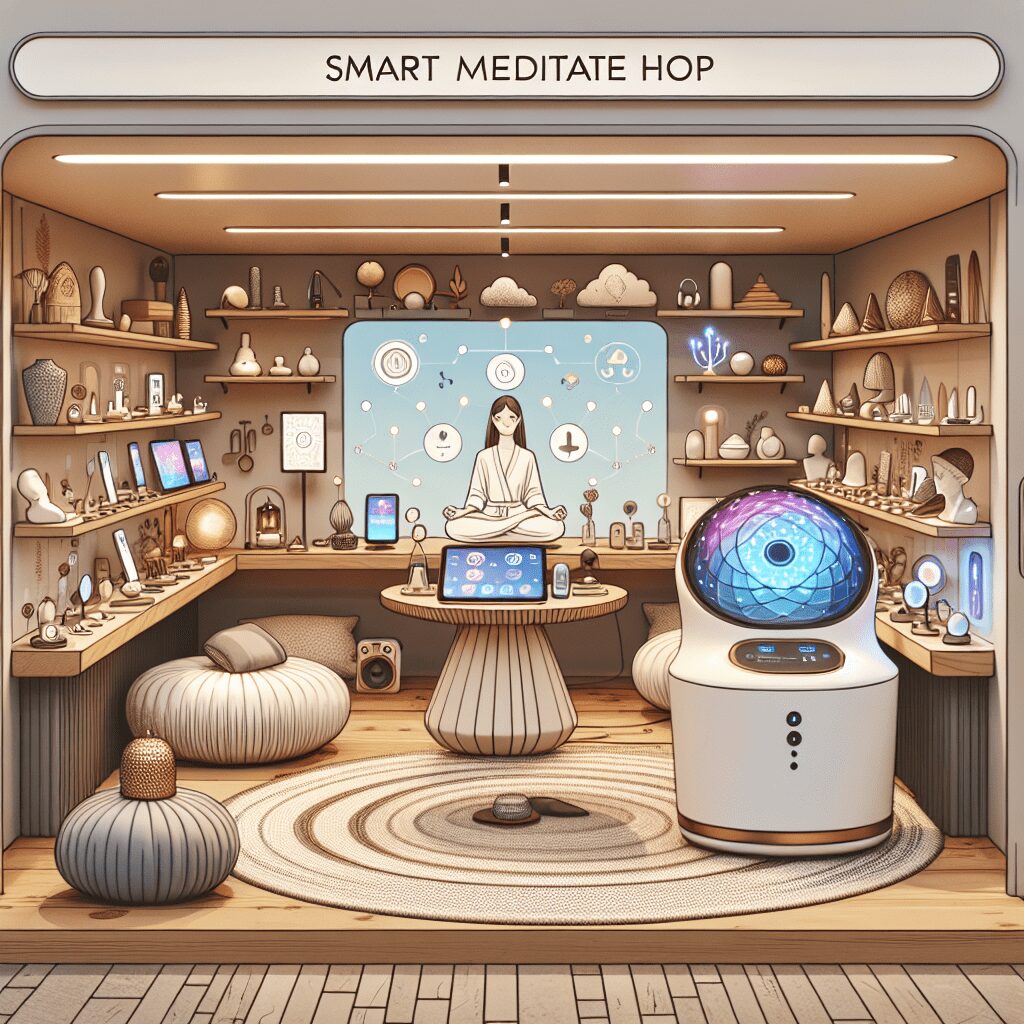
Prioritize your mental well-being daily. Enhance your life by nurturing your mental health with the Smart Meditation app. Break free from stress, alleviate anxiety, and enhance your sleep quality starting today.
Will Antidepressants Prevent Postpartum Depression?
Navigating Through the Blues: Antidepressants and Postpartum Depression
The euphoria of welcoming a new life into the world is often shadowed by a less talked about counterpart: postpartum depression (PPD). This condition claws its way into the lives of many new mothers, casting a shadow over what’s supposed to be a joyous time. With the stakes so high, it’s no wonder that the question on many lips is: Can antidepressants prevent the onset of postpartum depression?
Understanding the Intricacies of Postpartum Depression
First things first, let’s unpack what PPD really is. Unlike the “baby blues,” which is a milder, more transient form of post-birth emotional turmoil, PPD is a full-blown clinical depression that occurs after childbirth. Symptoms can range from severe mood swings and withdrawal from loved ones, to intense irritability and even thoughts of harming oneself or the baby. It’s serious stuff, and addressing it promptly is key to recovery.
But here’s the kicker: while the exact cause of PPD remains as elusive as a good night’s sleep for new parents, it’s believed to be a cocktail of hormonal adjustments, psychological adjustment to motherhood, and sleep deprivation. Stir in a dash of individual history with depression and you’ve got a complex brew that’s not easily remedied by a one-size-fits-all solution.
The Role of Antidepressants in Prevention
So, where do antidepressants fit into the picture? Antidepressants, particularly SSRIs (Selective Serotonin Reuptake Inhibitors), are commonly prescribed to manage symptoms of depression. They work by altering the levels of neurotransmitters in the brain, which can help to improve mood and alleviate depressive symptoms.
Research does show some promise in using antidepressants to not only treat, but potentially prevent PPD. For women with a known history of depression or those who have experienced PPD in past pregnancies, preemptive treatment with antidepressants could be a game-changer. However, it’s not a magic bullet.
Here’s the nitty-gritty:
-
Individual Tailoring is Key: Not every medication works the same way for every person. Close monitoring and customization of treatment plans are crucial.
-
Timing and Dosage Matter: When it comes to prevention, the timing of when to start antidepressants and the dosage can vary widely based on individual risk factors and medical history.
-
Consideration of Side Effects: Like any medication, antidepressants come with their own set of potential side effects, which need to be weighed against the benefits in the context of preventing PPD.
-
The Role of Comprehensive Care: Preventing PPD isn’t just about popping a pill. Adequate support systems, access to mental health care, and other interventions (like therapy) play a significant role in the overall prevention strategy.
In essence, the question of whether antidepressants can prevent postpartum depression doesn’t have a one-size-fits-all answer. For some, it might be the lifeline they need, while for others, different strategies may hold the key to navigating the choppy waters of postpartum mental health.
So, What’s the Verdict?
Can antidepressants prevent postpartum depression? They might be a part of the puzzle for some individuals, especially those at high risk. But it’s clear that a multi-faceted approach, one that includes close monitoring, tailored treatments, and robust support systems, is vital to effectively combat this complex condition.
The bottom line? If you’re expecting and concerned about postpartum depression, it’d be wise to have a candid chat with your healthcare provider. Together, you can devise a battle plan to safeguard your well-being, ensuring that when your little one arrives, you’re as prepared as can be to embrace the joys of motherhood, with or without the shadow of PPD looming in the background.




